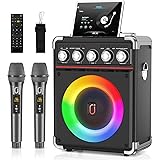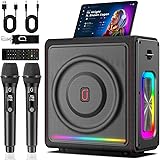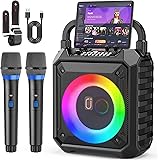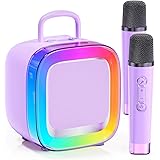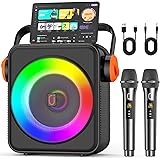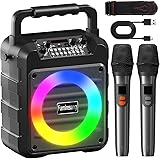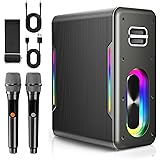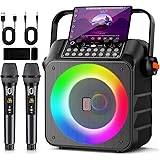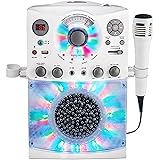A karaoke program is software that allows users to play music and display lyrics on screen. This technology is a popular form of entertainment for home parties, bars and clubs. It can also be used to practice singing and boost the performance of vocalists. Karaoke programs are available for a variety of platforms, including mobile devices and computer systems. They can be downloaded from the Internet or purchased in stores.
Karaoke machines were invented by the Japanese during the postwar era, when salarymen sought ways to unwind and socialize in their free time. The first commercial karaoke products required expensive and specialized equipment to play the special encoded subcode tracks. However, a number of inexpensive karaoke games have been developed for cell phones and other handheld devices, such as the Nokia Series 60. These programs boost a user’s music database, and the lyrics are displayed as the song is played.
Developing a karaoke app involves several stages, including researching the market, planning features like a song library and real-time lyrics, and securing licensing for music. Apps that feature a social sharing component may require robust server architecture to handle traffic and prevent outages. A karaoke program that includes pitch analysis may provide singers with valuable feedback and improve their performances.
The latest karaoke apps are designed to offer users an immersive experience that combines high-quality audio and video with dynamic effects, advanced pitch control and voice enhancements. Many also include a dual display that shows what the singer sees on an external monitor or video-projector. Some karaoke apps allow users to save songs offline for use without an Internet connection, while others include a music search feature that lets people create custom playlists for different occasions.
Many karaoke apps also support multiple file formats for greater flexibility. This enables users to import their own CD+G files, MPEG, KAR or MIDI karaoke songs, as well as traditional audio and video files. Other features allow users to change the musical key of a karaoke track, adjust its tempo and play it backward or forwards. The karaoke app may also record and display singer history, including any changes that were made to the songs in their rotation list.
Karaoke apps with a social aspect can be particularly challenging to develop, as they must ensure that all users can interact in synchrony, even when they are in different locations. In addition, some of these apps may use voice recognition or augmented reality to make the experience more immersive for participants. Other challenges include ensuring the accuracy of song lyrics and providing privacy controls to protect personal information. Lastly, the karaoke apps must be able to handle significant amounts of data, especially during peak times or special events. To meet these requirements, a karaoke app should utilize powerful streaming technologies and servers that can be scaled as the number of participants grows. In order to do so, the app should take advantage of cloud computing and server-side APIs.
